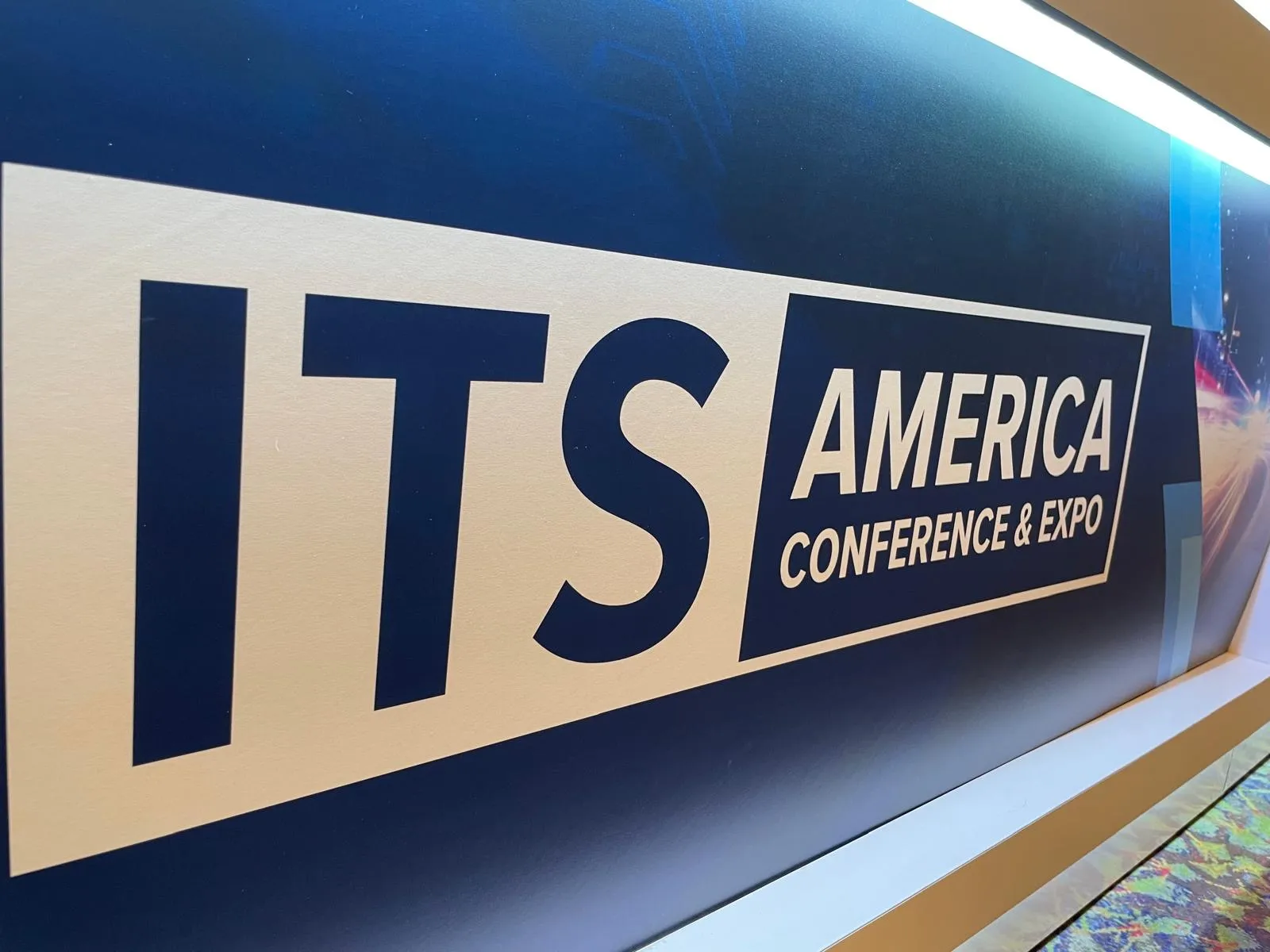Florida’s Department of Transportation (FDOT) has taken action against would-be wrong-way drivers at 15 interchanges on the state’s turnpike system, with a US$400,000 pilot project designed to detect, alert and potentially deter them.
The project includes enhanced LED wrong-way roadway signs on the ramps and electronic vehicle detection equipment that are designed to quickly notify law enforcement and authorities. It is intended to study the effectiveness of these traffic safety devices that are currentl
October 20, 2014
Read time: 2 mins
Florida’s Department of Transportation (FDOT) has taken action against would-be wrong-way drivers at 15 interchanges on the state’s turnpike system, with a US$400,000 pilot project designed to detect, alert and potentially deter them.
The project includes enhanced LED wrong-way roadway signs on the ramps and electronic vehicle detection equipment that are designed to quickly notify law enforcement and authorities. It is intended to study the effectiveness of these traffic safety devices that are currently available and have been in use in other parts of the country.
The detection equipment and signs have been installed at six interchanges and ten ramps on the Homestead Extension of Florida’s Turnpike in Miami-Dade County as well as on five interchange ramps on the Sawgrass Expressway in Broward County.
Wrong-way vehicle detection and electronic sign activation are just one part of the pilot program FDOT has initiated state-wide. Other districts within FDOT are testing different types of technology to see which treatment merits being deployed throughout the state of Florida.
“Reducing the number of wrong-way drivers is an absolute priority,” said Florida’s Turnpike Enterprise traffic operations engineer John Easterling. “It is imperative that we use technology and work with law enforcement to lessen the chance of these types of crashes from happening.”
The project includes enhanced LED wrong-way roadway signs on the ramps and electronic vehicle detection equipment that are designed to quickly notify law enforcement and authorities. It is intended to study the effectiveness of these traffic safety devices that are currently available and have been in use in other parts of the country.
The detection equipment and signs have been installed at six interchanges and ten ramps on the Homestead Extension of Florida’s Turnpike in Miami-Dade County as well as on five interchange ramps on the Sawgrass Expressway in Broward County.
Wrong-way vehicle detection and electronic sign activation are just one part of the pilot program FDOT has initiated state-wide. Other districts within FDOT are testing different types of technology to see which treatment merits being deployed throughout the state of Florida.
“Reducing the number of wrong-way drivers is an absolute priority,” said Florida’s Turnpike Enterprise traffic operations engineer John Easterling. “It is imperative that we use technology and work with law enforcement to lessen the chance of these types of crashes from happening.”









